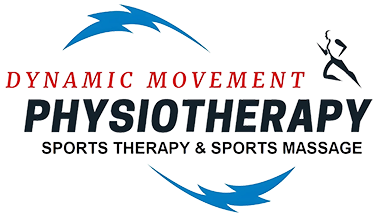Preventing Shoulder Pain Through Lifestyle Changes
In addition to physiotherapy, adopting specific lifestyle changes can support long-term recovery and help prevent future shoulder pain:
Maintaining a Healthy Weight
Excess weight increases strain on joints, including the shoulder.
Managing Stress
Stress can lead to muscle tension, exacerbating shoulder pain. Techniques such as deep breathing or meditation can be beneficial.
Engaging in Regular Exercise
Low-impact activities like swimming or yoga can improve shoulder mobility and strength.
Avoiding Repetitive Strain
Taking breaks from repetitive movements and using proper techniques can prevent overuse injuries.

Ready to start your journey towards better health?
Book your physiotherapy consultation today by calling 07713 077523 or emailing info@dynamicmovementphysio.com. Let's work together to achieve your health goals!